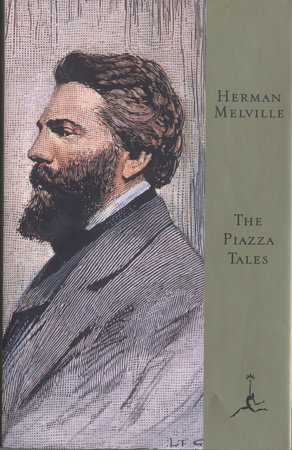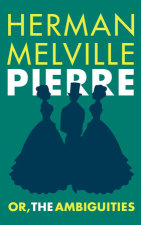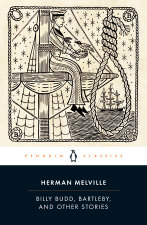The Piazza Tales

First published in 1856, five years after the appearance of Moby Dick, The Piazza Tales comprises six of Herman Melville's finest short stories. Included are two sea tales that encompass the essence of Melville's art: 'Benito Cereno,' an exhilarating account of mutiny and rescue aboard a disabled slave ship, which is a parable of man's struggle against the forces of evil, and 'The Encantadas,' ten allegorical sketches of the Galapagos Islands, which reveal nature to be both enchanting and horrifying. Two pieces explore themes of isolation and defeat found in Melville's great novels: 'Bartleby, the Scrivener,' a prophetically modern story of alienation and loss on nineteenth-century Wall Street, and 'The Bell-Tower,' a Faustian tale about a Renaissance architect who brings…
$4.99
November 1, 2000Herman Melville was born in New York City in 1819. When his father died, he was forced to leave school and find work. After passing through some minor clerical jobs, the eighteen-year-old young man shipped out to sea, first on a short cargo trip, then, at twenty-one, on a three-year South Sea whaling venture. From the experiences accumulated on this voyage would come the material for his early books, Typee (1846) and Omoo (1847), as well as for such masterpieces as Moby-Dick (1851), Pierre (1852), The Piazza Tales (1856), and Billy Budd, Sailor, and Other Stories (posthumous, 1924). Though the first two novels—popular romantic adventures—sold well, Melville's more serious writing failed to attract a large audience, perhaps because it attacked the current philosophy of transcendentalism and its espoused "self-reliance." (As he…













